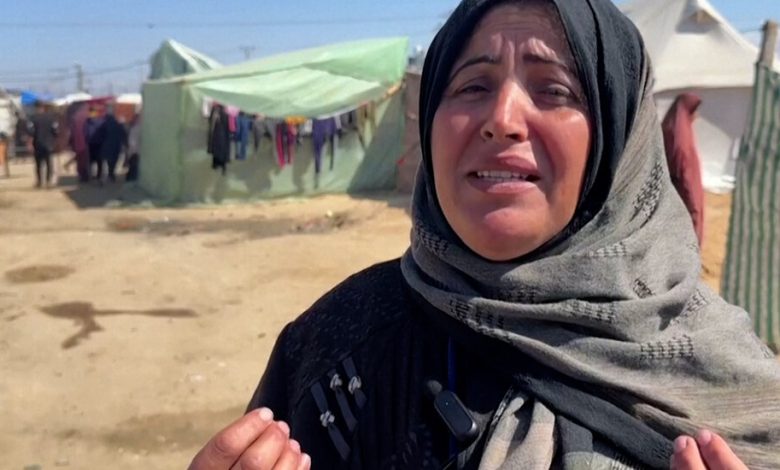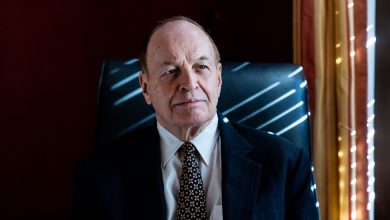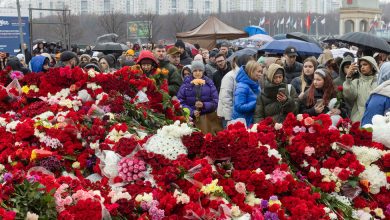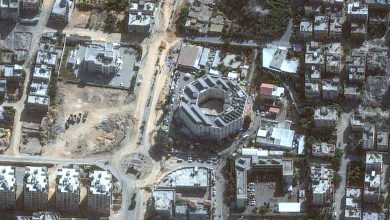For Gazans, Truce Talks Bring Tangle of Emotions

When President Biden suggested last week that a cease-fire was imminent, Khalil el-Halabi was elated.
Mr. Halabi, a 70-year-old retired U.N. official, paraded through a cluster of tents in the city of Rafah in southern Gaza, delivering the news to people displaced by the war, prompting cheers and claps. But the joy didn’t last: The next morning, reports that gaps remained between Israel and Hamas brought him back down to earth.
“It’s a form of psychological torture,” Mr. Halabi said. “It’s unbearable. We’re told one day that the war is ending and then the opposite the next day.”
Palestinians in Gaza, whose lives may depend on a cease-fire, have followed news of indirect talks between Israel and Hamas with rapt attention. But a stream of conflicting reports has sent them on an exhausting emotional roller-coaster as they huddle in crowded apartments, tent cities and shelters.
The tension is especially acute in Rafah, which is densely packed with more than one million displaced people. Israel has repeatedly threatened to invade the city as it tries to root out the leadership of Hamas.
The United States is pressing for a cease-fire to be negotiated ahead of Ramadan, the Muslim fasting month that begins in about a week. On Sunday, Vice President Kamala Harris said a deal was on the table for a cease-fire of at least six-weeks, one that would include the release of hostages held by militants in Gaza and the entry of a “significant” amount of aid. The U.S.-backed proposal is to exchange scores of Palestinian prisoners and detainees for 40 hostages in Gaza, officials say.





